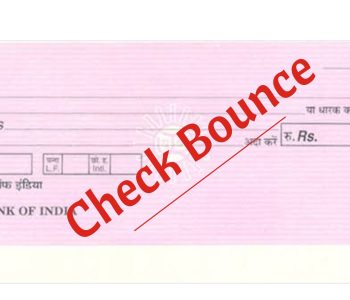Govt initiates search for new revenue sources amidst persistent shortfalls

KATHMANDU: The government is on the hunt for fresh revenue sources after falling short of its revenue collection targets for the past five years. Even before the current economic crisis, the government had struggled to meet its revenue goals, and there are concerns that future growth may also not meet expectations.
In response to this, the government has established a high-level committee to study and propose solutions for tax system improvements and explore new revenue options.
Chaired by former Finance Secretary Vidhyadhar Mallik, the committee’s mission is to conduct a comprehensive assessment of the current tax system, recommend enhancements, and investigate innovative avenues.
Notable members of this committee include Ram Prasad Gyawali, a professor at Tribhuvan University, former Secretary Laxman Aryal, and former Under Secretary Shyam Dahal.
The overarching issue is that the government’s revenue has stagnated despite significant transformations in the economic landscape, primarily because the tax system remains outdated.
Dr. Prakash Sharan Mahat, the current Minister of Finance, acknowledges that the government is unable to achieve its revenue targets given the current circumstances.
He emphasizes, “The nature of business has evolved significantly, but our tax system remains antiquated. Consequently, the anticipated revenue collection cannot be realized.”
One striking example of this shift is evident in the telecommunications industry. Previously, telecom companies experienced substantial profit and revenue growth, driven mainly by consumer demand for voice calls.
However, the proliferation of the internet has enabled consumers to access communication services at a lower cost, which has not only slowed down telecom companies’ revenue growth but also affected government revenue through taxes.
Minister Mahat explains, “Revenue collection has declined because it depends on consumers’ expenditure, and consumers are now spending less.”
This transformation is not limited to traditional businesses; new business opportunities have also emerged. In recent times, income sources and businesses have transitioned from being within the tax framework to operating outside of it. For instance, businesses operating on the internet have thrived, yet their income remains untaxed.
Mallik’s committee aims to delve into these new opportunities and potential areas for taxation. It will propose policies and regulations for the government to implement, thereby encompassing these burgeoning businesses within the tax purview and maximizing revenue.
However, there is a lingering concern that, despite the committee’s formation, the government might not act upon its recommendations. Historically, the High-Level Taxation Reform Commission, headed by Rup Khadka, was established in 2071 BS (2014 AD), but its recommendations have not been fully implemented. Therefore, Mallik’s committee must ensure that its suggestions receive serious consideration and result in effective tax reforms.
In summary, the government is exploring alternative revenue sources as conventional ones prove inadequate. Adapting the tax system to the ever-changing economic landscape is a formidable challenge, and the committee’s recommendations will play a pivotal role in shaping the future of taxation in the country.













Facebook Comment